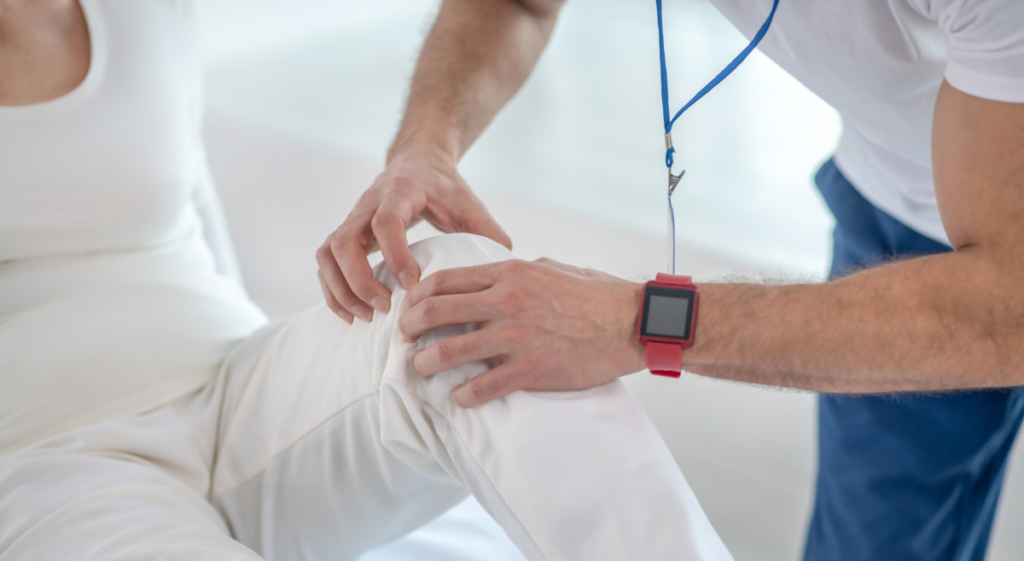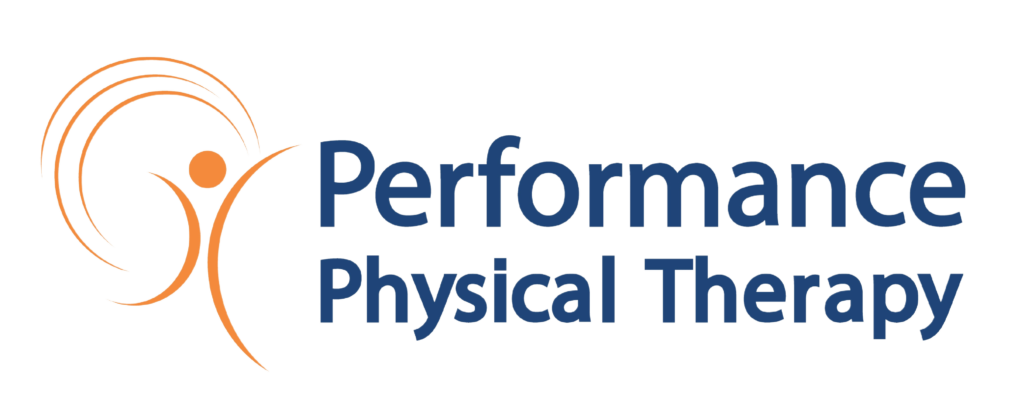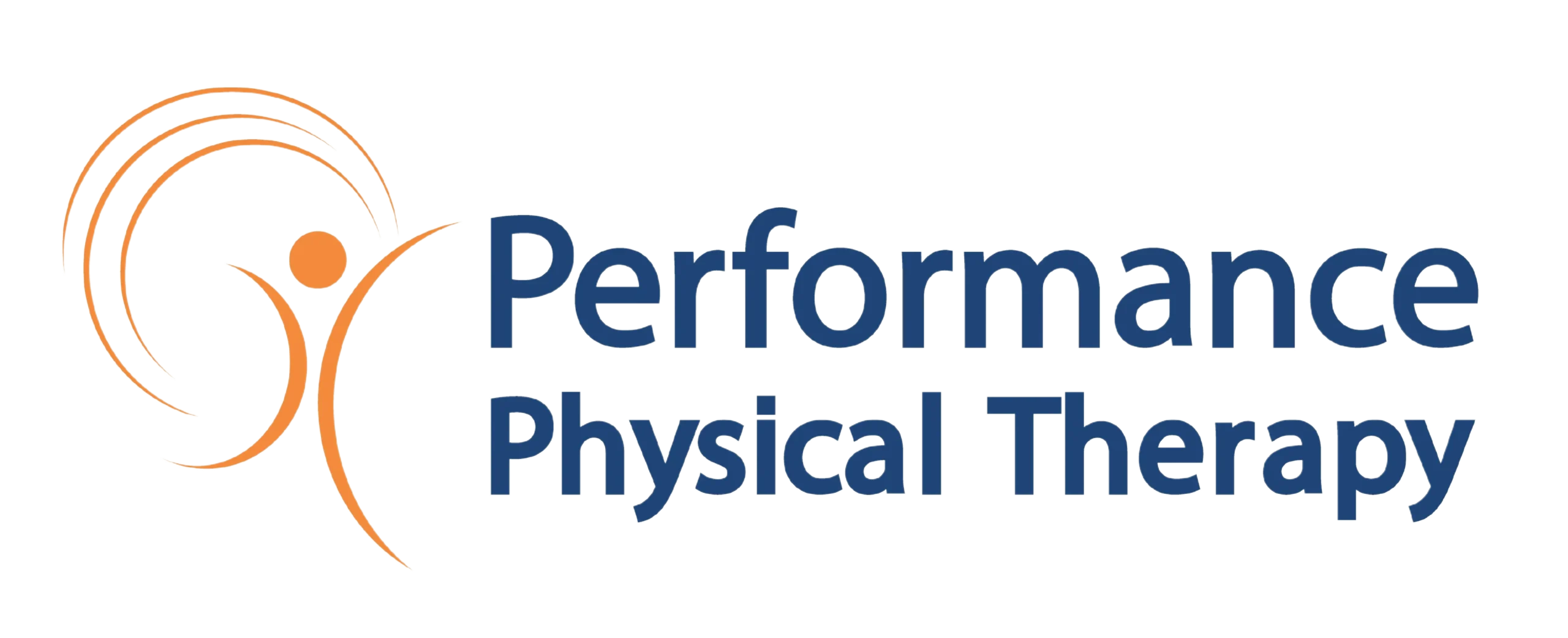If you’ve recently had a knee replacement or are considering one, you’re probably curious about what the recovery process will be like. The good news is that while recovery after knee replacement does take time and effort, it’s a journey that many people go through successfully every day. By understanding what to expect, you can approach your recovery with confidence and a positive attitude. Let’s take a closer look at what lies ahead.
The First Few Days: Getting Back on Your Feet
Right after your knee replacement surgery, you’ll spend some time in the hospital, usually for about 2-3 days. During this time, your medical team will monitor you closely to ensure everything is going smoothly. One of the first steps in the knee replacement recovery process is getting you moving. That’s right—despite having just undergone surgery, you’ll be encouraged to start walking with the help of a walker or crutches within the first day or two. This might sound surprising, but early movement is crucial to prevent stiffness and promote healing.
You’ll also start working with a physical therapist right away. The expert physical therapists at Performance Physical Therapy in Delaware will guide you through gentle exercises designed to improve your range of motion and begin strengthening the muscles around your new knee. These exercises might feel challenging at first, but they’re a vital part of the recovery after knee replacement. Remember, every small step forward is progress!
The First Few Weeks: Building Strength and Flexibility
As you transition from the hospital to your home or a rehabilitation center, your focus will shift to gradually increasing your activity level. During the first few weeks of the knee replacement recovery process, you’ll continue working with a physical therapist who will help you perform exercises that target your knee’s flexibility and strength. The expert physical therapists at Performance Physical Therapy in Delaware will ensure that you’re progressing at a pace that’s right for you. You’ll likely use assistive devices like crutches or a walker, but as your strength improves, you’ll gradually rely on them less.
It’s normal to experience some discomfort, swelling, and stiffness during these weeks. To manage this, you’ll be advised to elevate your leg, apply ice packs, and take any prescribed pain medications. Don’t hesitate to reach out to your healthcare team if you have any concerns—they’re there to support you every step of the way.
The First Few Months: Returning to Your Routine
By the time you reach the 6- to 12-week mark, you should notice significant improvements in your knee’s mobility and strength. Many people can walk without crutches or a walker by this point and can start to resume some of their regular activities, like driving and light household chores. Of course, everyone’s recovery after knee replacement is unique, so your progress may be a bit slower or faster depending on your circumstances.

During this phase of the knee replacement recovery process, your physical therapy will focus on more advanced exercises. The expert physical therapists at Performance Physical Therapy in Delaware might include leg lifts, stationary cycling, and other activities designed to rebuild your strength and stamina. Your physical therapist will tailor your program to your specific needs and goals, helping you get back to the activities you love.
Long-Term Recovery: Patience and Persistence
While you’ll likely see substantial progress within the first few months, it’s important to remember that full recovery after knee replacement can take up to a year. During this time, it’s essential to stay committed to your physical therapy and continue exercising regularly to maintain and improve your knee’s function.
You may also need to make some lifestyle adjustments to protect your new knee. For example, if you enjoy high-impact sports like running or basketball, you might need to explore lower-impact alternatives such as swimming or cycling. The expert physical therapists at Performance Physical Therapy in Delaware can guide the best activities for your long-term knee health.
Tips for a Successful Recovery
To make the most of your knee replacement recovery process, keep these tips in mind:
- Follow your physical therapist’s guidance: Your therapist’s expertise is invaluable in helping you regain strength and mobility. Stick to your exercise plan and don’t skip sessions!
- Stay positive and patient: Recovery is a marathon, not a sprint. Celebrate the small victories and be patient with yourself as you progress.
- Communicate with your healthcare team: If you experience any unusual pain, swelling, or other concerns, don’t hesitate to contact your doctor or physical therapist. They’re there to help you succeed.
- Take care of your overall health: Eating a balanced diet, staying hydrated, and getting enough rest can all support your body’s healing process.
FAQs for “What to Expect During the Knee Replacement Recovery Process”
1. How long does it take to recover from knee replacement surgery?
Recovery usually takes 6 to 12 weeks. Some people feel better in a few weeks, while full recovery may take up to a year.
2. What physical therapy will I need after knee replacement surgery?
Right after surgery, you’ll start knee pain physical therapy to help strengthen your knee and improve movement. This helps speed up recovery.
3. When can I start advanced physical therapy after knee replacement?
Performance physical therapy usually starts a few weeks after surgery. This therapy helps you build more strength and improve how well your knee works.
4. Will I have pain during physical therapy?
You might feel some pain during knee pain physical therapy, but it should get better as your knee gets stronger. Your therapist will guide you through it safely.
5. How can advanced physical therapy help my recovery?
Performance physical therapy helps you move better, get stronger, and return to normal activities faster.
6. What can I do at home to help my recovery?
Doing exercises your therapist gives you, staying active, and managing pain will all help your recovery at home.
Looking Forward to a Brighter Future
The knee replacement recovery process may have its challenges, but it’s also an opportunity to reclaim your mobility and improve your quality of life. By staying committed to your recovery, with the support of the expert physical therapists at Performance Physical Therapy in Delaware, you’ll be well on your way to enjoying the activities you love with a stronger, more functional knee. Remember, every step you take brings you closer to your goal of living pain-free and staying active. So, keep moving forward with confidence—you’ve got this!


